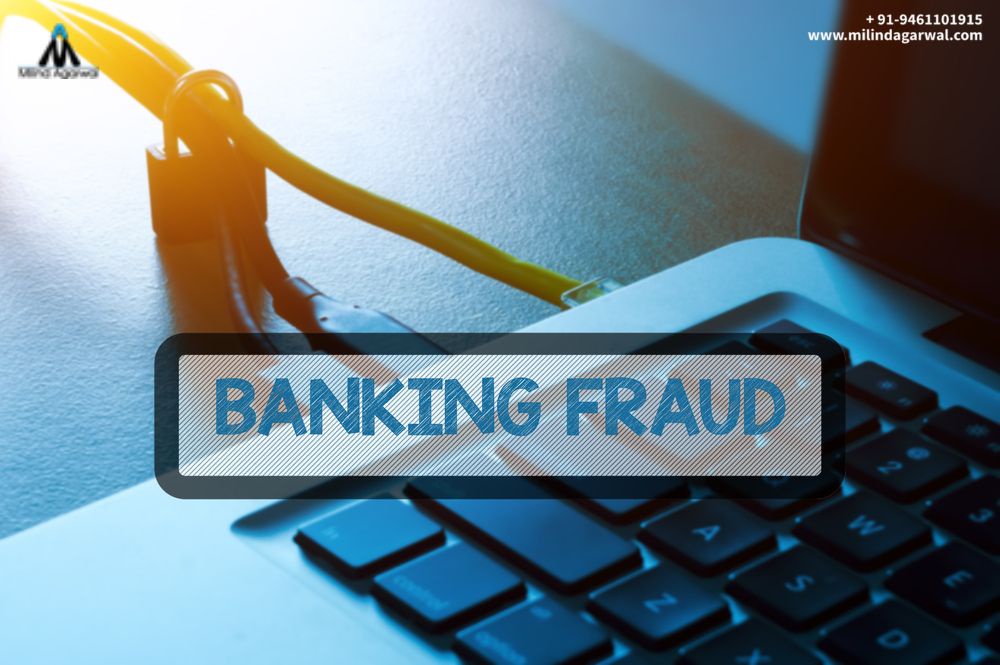Bank fraud investigation services play a crucial role in maintaining the integrity of financial systems. However, the path of uncovering fraudulent activities within the banking sector is fraught with challenges. From the intricate web of financial transactions to the ever-evolving tactics of fraudsters, bank fraud investigators face a myriad of obstacles in their quest for justice.
Understanding the Complexity of Bank Fraud Investigations
Bank fraud investigations delve into a complex labyrinth of financial transactions, requiring meticulous attention to detail and a deep understanding of banking laws and regulations. One of the primary challenges for investigators is deciphering the intricate patterns of fraudulent activities hidden within legitimate transactions. Fraudsters often employ sophisticated techniques to conceal their actions, making it challenging to detect anomalies.
Moreover, the digital transformation of banking services has introduced new avenues for fraudulent activities. Cybercriminals leverage advanced technologies to perpetrate complex schemes, ranging from identity theft to phishing scams. As a result, Bank Frauds Investigation Services must stay abreast of the latest technological advancements and continuously adapt their investigative techniques to combat evolving threats.
Navigating Legal and Regulatory Frameworks
Navigating the legal and regulatory frameworks surrounding bank fraud investigations presents another significant challenge. Investigators must adhere to stringent laws and regulations governing financial transactions while gathering evidence to build a case against fraudsters. Compliance with laws such as the Bank Secrecy Act (BSA) and the USA PATRIOT Act is paramount to ensure the admissibility of evidence in court.
Additionally, the jurisdictional complexities associated with cross-border financial crimes further complicate the investigative process. Fraudsters often operate across multiple jurisdictions, exploiting legal loopholes to evade detection and prosecution. Coordinating with international law enforcement agencies and navigating extradition procedures are essential components of combating transnational bank fraud.
Collaboration and Information Sharing
Effective collaboration and information sharing among stakeholders are critical for successful bank fraud investigations. However, various challenges hinder seamless cooperation between law enforcement agencies, financial institutions, and regulatory bodies. Concerns related to data privacy and confidentiality often impede the sharing of sensitive information, hindering the timely detection and prevention of fraudulent activities.
Moreover, the lack of standardized protocols for sharing information across different entities poses logistical challenges for investigators. Establishing secure channels for exchanging intelligence and streamlining communication processes can enhance the efficiency of collaborative efforts in combating bank fraud.
Conclusion
Bank fraud investigators confront a myriad of challenges in their pursuit of justice. From unraveling complex financial transactions to navigating legal and regulatory frameworks, the path to uncovering fraudulent activities within the banking sector is fraught with obstacles. However, by leveraging advanced technologies, fostering collaboration among stakeholders, and staying abreast of evolving threats, investigators can enhance their effectiveness in combating bank fraud.
In an era of rapid technological advancement and increasingly sophisticated cyber threats, the role of bank fraud investigation services has never been more critical. By addressing the challenges outlined above and embracing a proactive approach to fraud detection and prevention, investigators can safeguard the integrity of financial systems and protect the interests of stakeholders.
As the landscape of financial crime continues to evolve, bank fraud investigators must remain vigilant and adaptable in their efforts to combat fraud. By staying ahead of the curve and leveraging innovative strategies, they can uphold the trust and confidence of the public in the banking sector, ensuring a safer and more secure financial environment for all.


No comments yet